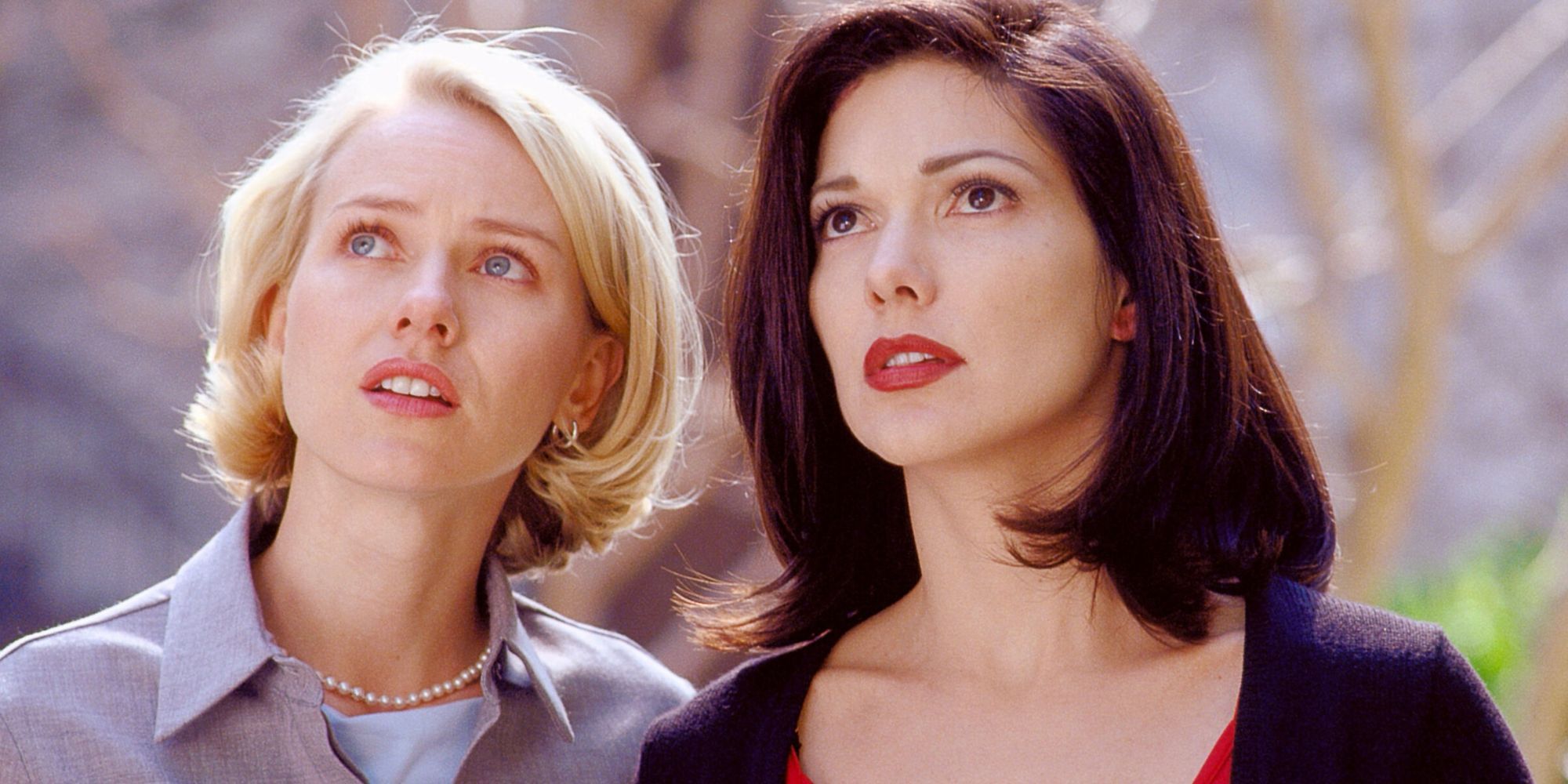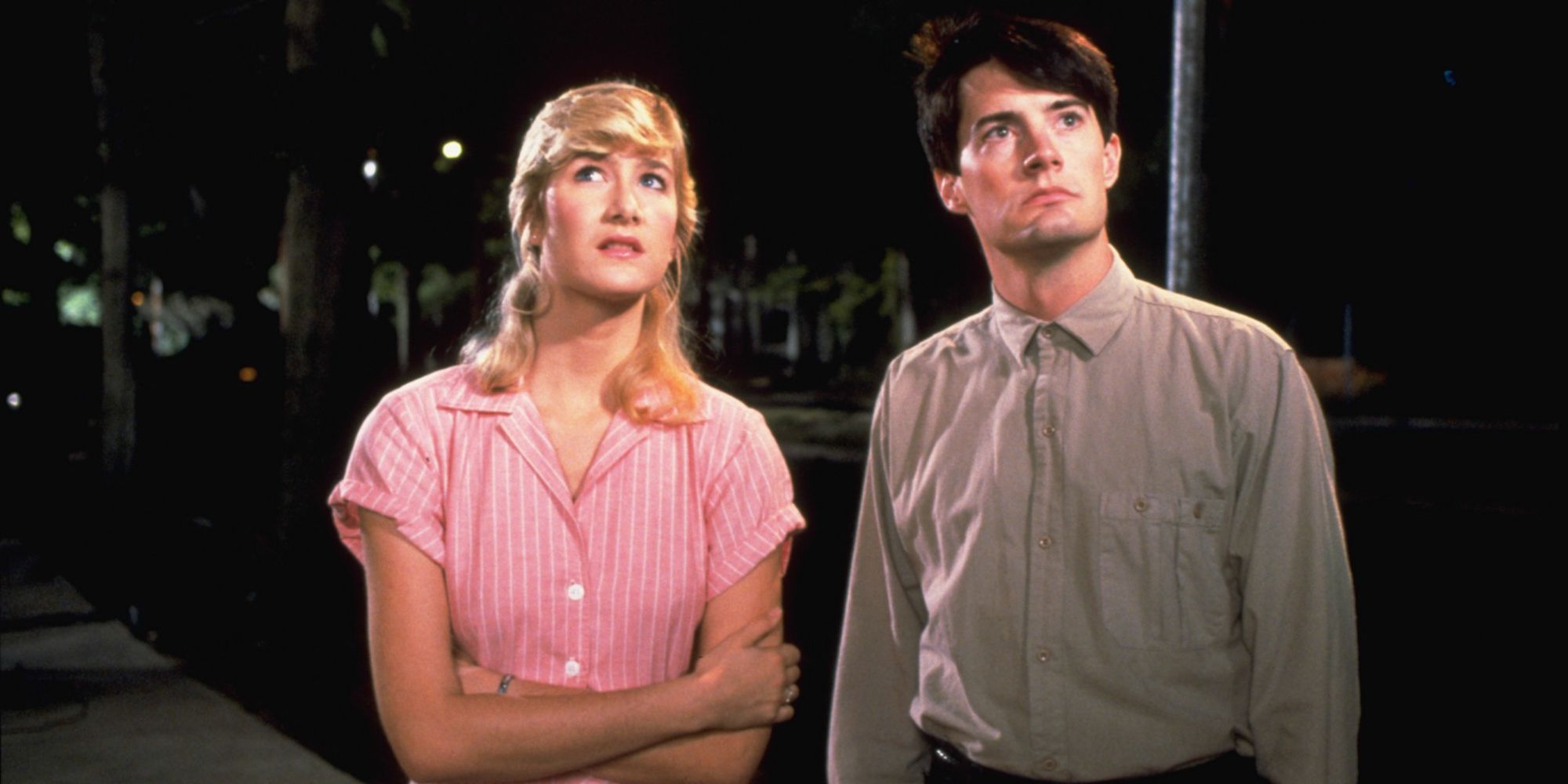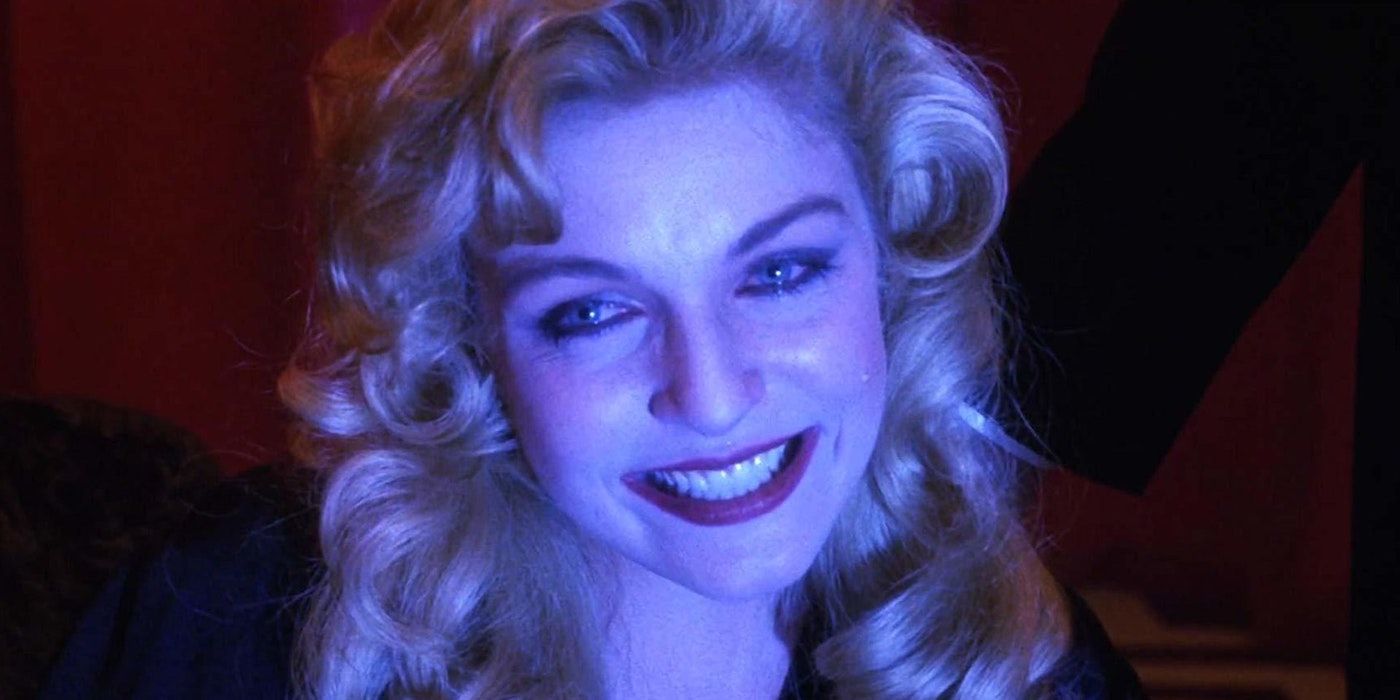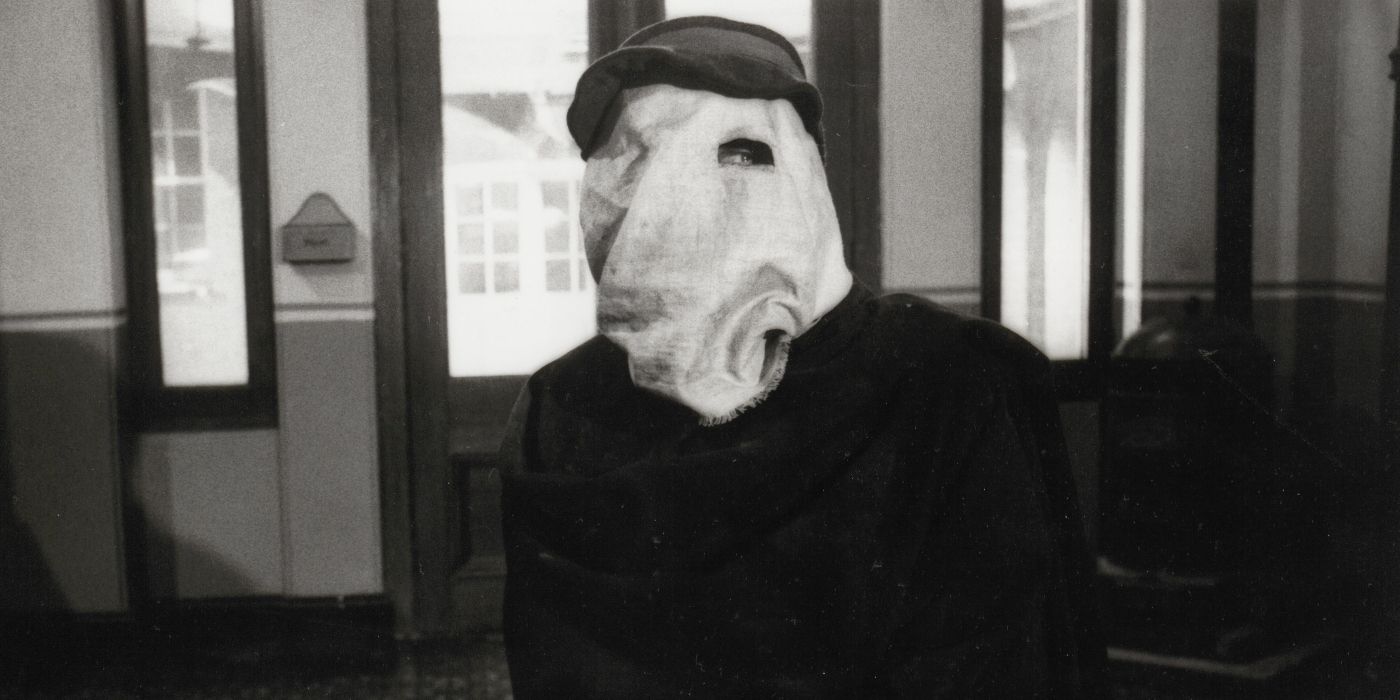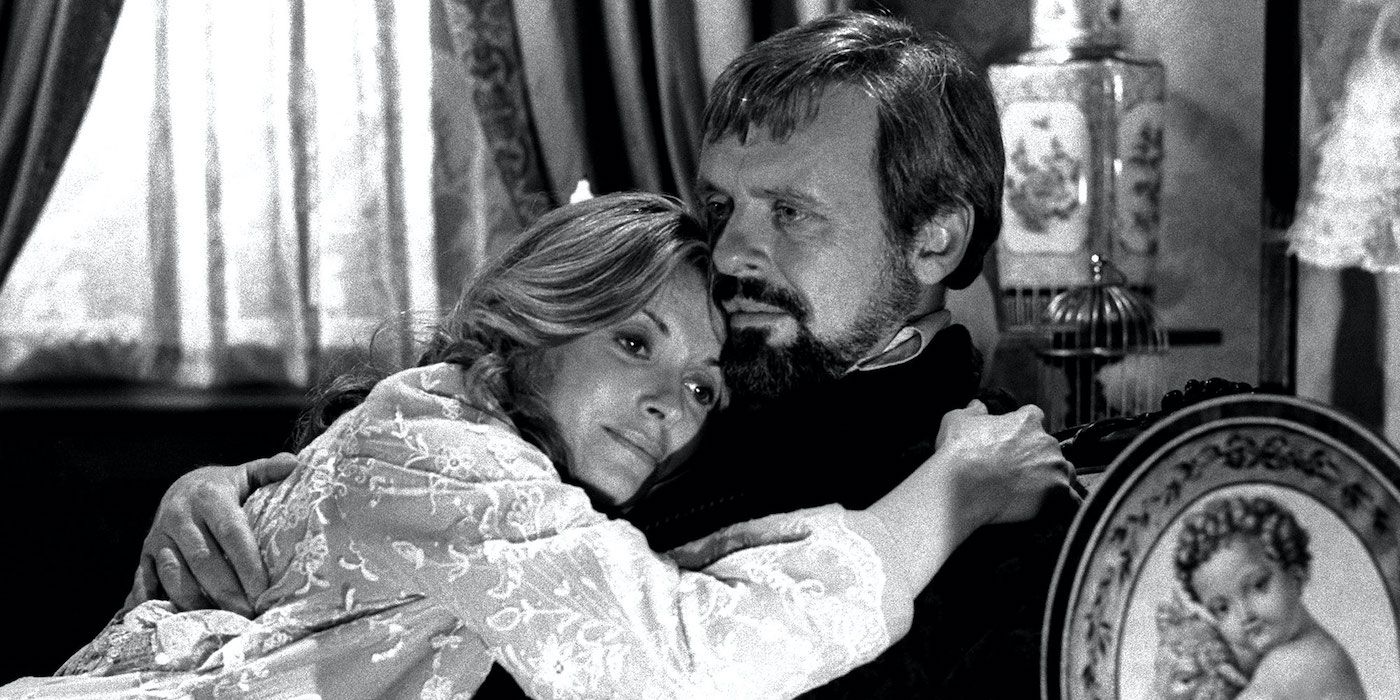If you know about David Lynch from one thing, it might well be the world of TV, rather than film. He made more movies than TV shows, but Twin Peaks was a rare mainstream success for the filmmaker, who co-created the series alongside Mark Frost (whose contributions get a little overlooked sometimes… though Twin Peaks is considered Lynchian, rather than Frostian, for better or worse). Twin Peaks was weird, but it also had more to offer, working as something of a particularly heightened soap opera, a police procedural, a crime/mystery series, and a surreal horror show, among many other things. It was a bit of everything, and it had a strong hook to it (“Who killed Laura Palmer?”), so it was successful… at least for a while. But even if it’s the most famous thing Lynch did, it’s far from the only great work of fiction to have his name attached to it.
Throughout his directorial career, David Lynch directed 10 feature films, not counting Twin Peaks: The Return (which has sometimes been considered an unconventional sort of film), and also not counting the various short films he made over the years, obviously. Even the comparatively weaker David Lynch movies are more than worth exploring, since Dune (1984), though perhaps his worst, is also fascinating, imaginative, creative at times, and kind of engrossing, even if it’s all a bit unwieldy. Lynch at the height of his filmmaking powers was something else altogether, though, and even if 10 movies might not sound like a huge number, what’s impressive is how many of them ultimately attain classic – or near-classic – status. What follows is a run-through of some of the best of the best. If you’re already a David Lynch fan, there won’t be any surprises here, but anyone unfamiliar with his work should probably start with one of these. They’re not all 100% approachable, and a couple definitely get better with repeat viewings, but all convey what Lynch was capable of doing as a filmmaker exceptionally well.
4
‘Blue Velvet’ (1986)
Starring: Isabella Rossellini, Kyle MacLachlan, Dennis Hopper
Blue Velvet was something of a return to form after the aforementioned Dune (which, again, has more to offer than you might expect, based on its reputation). Dune felt out of control, for better or worse, while Blue Velvet felt like it was made by a director totally in control; not necessarily in his comfort zone, but making something that was well-suited to his sensibilities as an artist/writer/director. It is also a little less mind-bending and confusing than some of Lynch’s other works, though by traditional standards, Blue Velvet is still plenty unique and confronting. It starts with a young man finding a severed ear, after all, which sets him on a strange journey to eventually save a singer from a terrifying criminal, uncovering who the latter is and thereby revealing a very strange underbelly to a town that, on the surface, seems ordinary and maybe even a little boring.
It’s a film that takes its time, in some regards, but the pacing works well to suck you in, and sufficiently brace you for some of the more out-there and chaotic sequences that happen by the time Blue Velvet’s second half comes around. This isn’t a movie that shies away from showing horrible things, but like with various other David Lynch films (even a couple of soon-to-be-mentioned ones), it doesn’t feel like exploitation or tacky in any way. It unpacks some disturbing themes and depicts similarly disturbing sights, but all for a purpose. Things do go somewhere by the time Blue Velvet wraps up, and it is strikingly coherent right from the first watch, which isn’t something that can be said about all David Lynch movies. Still, there’s a lot to chew on, think about, and appreciate upon rewatching Blue Velvet. It is, for a Lynch film, approachable, but it’s also dense, uniquely presented, and admirably varied in all the emotional beats it inevitably ends up hitting.
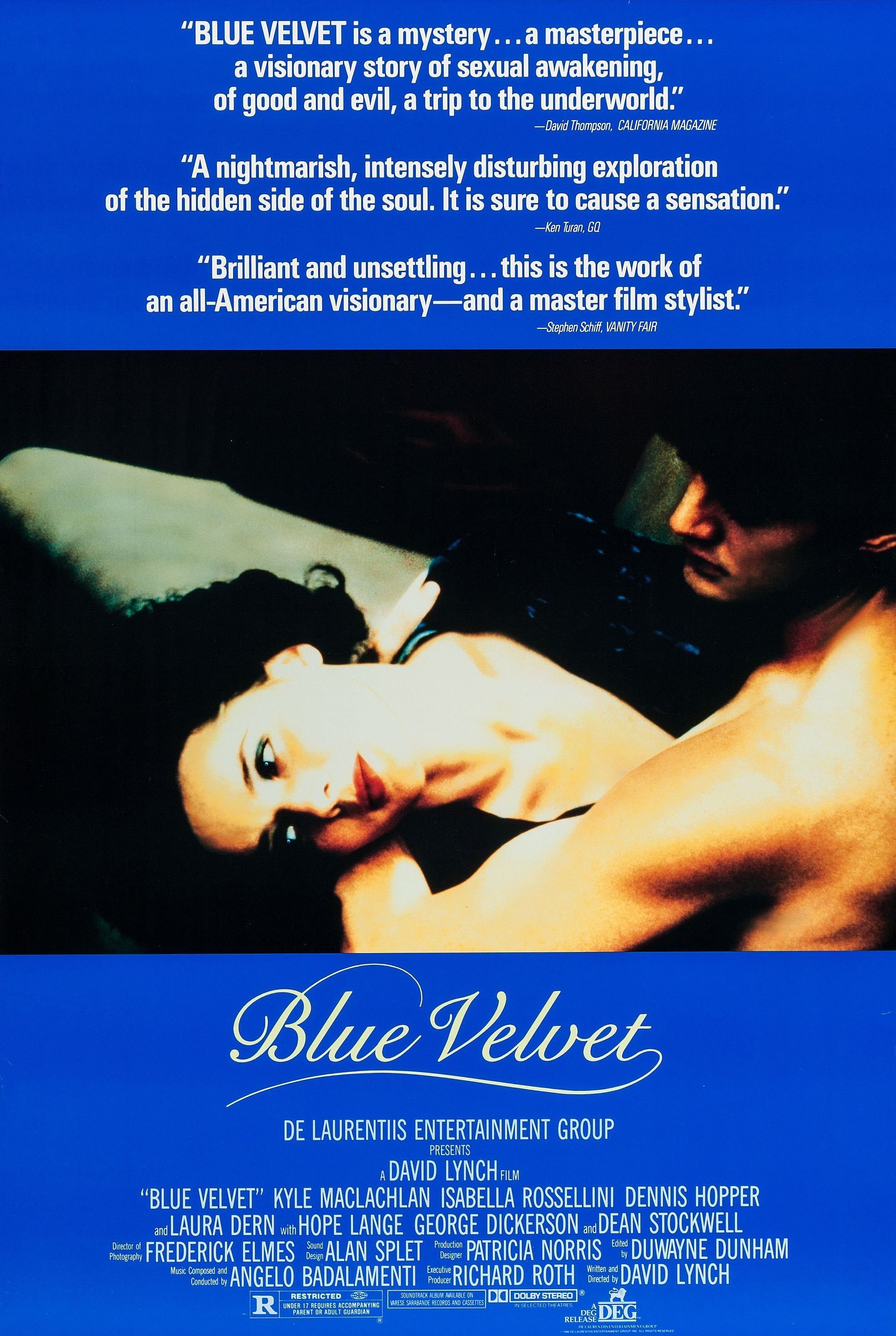
3
‘Twin Peaks: Fire Walk with Me’ (1992)
Starring: Sheryl Lee, Ray Wise, Mädchen Amick
Following the cancellation of Twin Peaks after two seasons, there certainly could’ve been traditional ways to keep the story going – or wrap it up – within a movie, but David Lynch has never really been about doing things traditionally. Enter the Twin Peaks movie, Twin Peaks: Fire Walk with Me, which starts as one thing before pivoting to something else entirely and, in fact, is a prequel rather than a sequel or continuation. There are some new characters seen early on, but then most of the movie is about Laura Palmer, who died right before the events of the show, under mysterious circumstances that the show eventually reveals. So, going into Fire Walk with Me, you should be familiar with the show first, since the reveal there is powerfully done, and Fire Walk with Me ends up being more devastating and effective if you know what’s coming.
Twin Peaks: Fire Walk with Me could well be the most emotionally devastating movie David Lynch ever directed.
It is an essential part of the overall Twin Peaks story, and Lynch made the most out of the fact it was a film, rather than something that had to play by the rules of network television. It is similarly confronting to Blue Velvet in terms of merely what’s shown, but given where the story goes, it ends up being even heavier, and uncompromising in how sad and disturbing it is… because of course it is. You know where it’s going. Again, it’s better to find out through the show who killed Laura Palmer, but yeah, it does also get answered here if, for whatever reason, you just really don’t want to watch the show. Might be a big call, but Twin Peaks: Fire Walk with Me could well be the most emotionally devastating movie David Lynch ever directed, though it has competition, thanks to a biographical movie released in 1980. Speaking of a biographical movie directed by Lynch and released in 1980…
2
‘The Elephant Man’ (1980)
Starring: Anthony Hopkins, John Hurt, Anne Bancroft
That biopic is The Elephant Man, which is one of the more grounded David Lynch films, owing to the fact that it dramatizes a true story. It’s about Joseph Merrick, whose name is changed to John in the film, and the difficult life he lived because of the deformities he was born with. Merrick lives during the Victorian era and is heavily ostracized within it, though he meets a doctor named Frederick Treves, and things turn around for him in some regards. Merrick is played here by John Hurt, who wears a great deal of prosthetic makeup that does give him an alarming appearance, but The Elephant Man is ultimately all about showing the humanity of this person, and casting a light on the way he was overlooked and abused by various people just because of his appearance.
It’s a deeply empathetic movie, though The Elephant Man also pulls very few punches when it comes to depicting the reality of the situation, and feeling immensely sad in the process. It’s a great historical drama that successfully brings to life London during the 1880s, showing that David Lynch was surprisingly good at making period pieces. Because of the storytelling approach it takes, it’s far heavier emotionally than it is scary in any real way, but because of that sadness, it is ultimately just as powerful (and maybe soul-crushing) as some of his more outwardly horrific movies. However you want to judge it, The Elephant Man is pretty phenomenal and hard to fault, with the performances by Hurt and Anthony Hopkins (as Treves) also being excellent.
1
‘Mulholland Drive’ (2001)
Starring: Naomi Watts, Laura Harring, Justin Theroux
Mulholland Drive has the most in it out of any David Lynch film, even more so than what ended up being his final theatrical release, Inland Empire. That 2006 film was longer, arguably stranger, and more risk-taking in terms of its presentation, but there’s something uniquely compelling about Mulholland Drive that makes it probably Lynch’s greatest film. Initially, it’s about a young actress coming to Hollywood with dreams of becoming a star, but then life has other plans for her, when she runs into – and befriends – another woman who seems to be suffering from amnesia. There are various other threads being explored at the same time as the dynamic between these two women gets developed, most of them relating to filmmaking somehow, and eventually, things collide when the film’s protagonist does start to get the sort of work she wanted… or does she?
Taking a big swing at one point, perhaps about two-thirds into the film, Mulholland Drive feels like something else entirely for a while, and the effect is unsettling, confounding, and sort of like a fever dream. But that’s all the point, and returning to Mulholland Drive is extremely rewarding, because every new viewing is likely to make at least one or two previously baffling scenes start to make more sense. There are puzzle movies that are too obtuse and vague, but Mulholland Drive really is the sort of one that rewards rewatches and/or doing reading into what it’s about, even if said reading is literally reading other people’s interpretations. It’s a film that can help forward the argument that David Lynch really was on another level to everyone else, as a filmmaker, because even if other movies have depicted Hollywood as a nightmare while critiquing the film industry, none have done so quite like Mulholland Drive. It’s one of the all-time great mystery movies, and, again, few psychological drama/mystery/thriller movies are as continually rewarding to revisit time and again.
